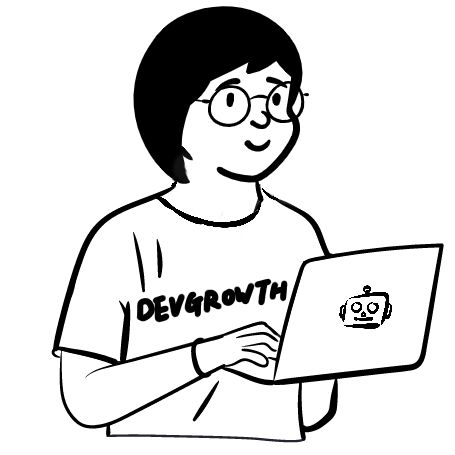680 reads
Ultimate Guide to Software Development Job Interview Prep
by
February 10th, 2023
Audio Presented by

👩💻 Software Engineer currently at a FAANG company https://devgrowth.gumroad.com/l/devgrowth-notion devgrowth.tech
About Author
👩💻 Software Engineer currently at a FAANG company https://devgrowth.gumroad.com/l/devgrowth-notion devgrowth.tech
